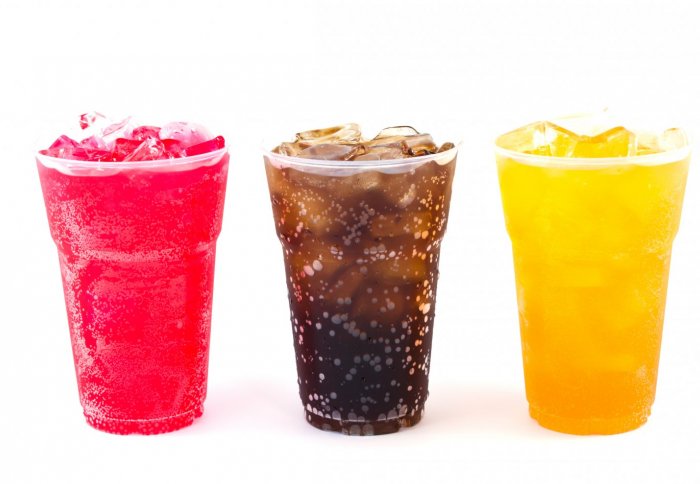A lot of us are addicted to taking soft drinks so much so that we cannot go a day without taking a bottle or two.
Deciding to give soft drinks up is important giving the long term effects and risks of becoming obese or developing type 2 diabetes.
It could be you decided to give them up because you want to shed weight or as a result of the various negative effects of the ingredients.
Whatever your reason for giving up soft drinks is, staying away from them can help to improve your overall health.
You Shed Off Bad Weight
Some people take to drinking diet soda to lose weight but quitting soft drinks all together is the one thing that will do the trick.
A recent study conducted for 9 years discovered that older adults who drank diet soda did not stop adding belly fat.
Some other studies also found out that taking diet fluids tends to increase the percentage probability of becoming obese in 10 years by about 65 per cent, just as another study published in Diabetes Care found a link between drinking diet soft drinks daily and an increase in obesity, high blood-pressure and high triglycerides which can lead to heart disease and diabetes.
Risk Of Diabetes Is Reduced
Hormones can help to explain why some of us gain weight when they switch from alcohol to soft drinks and why others lose weight.
According to a study published in the journal, Diabetes Care, drinking two-thirds of a diet soda before eating food can condition the pancreas to release more of the insulin hormone which helps the body to store fat.
A pancreas that is stressed from insulin production to control the level of glucose in the blood may cause you to have diabetes.
Strong Bones
Giving up soft drinks can help you to build stronger bones which in turn will help to reduce the chance of having broken bones.
Their contents tend to lower bone mineral density in the hips. A study published in the British medical journal found that a daily intake of soft drinks increases the chances of hip fracture by 14% in women that are past the menopause stage.
Headaches Stop
The chances of having headaches as a result of withdrawal from soft drinks is high but there is the benefit of having a sharper focus as time goes on.
A review in the European Journal of Clinical Nutrition states that the artificial sweetener aspartame used in soft drinks, contain chemicals that alter nerve signals and brain chemicals which may cause anxiety, insomnia and headaches.
The repeated headaches Stop as time goes by.
Your Taste buds Become More Sensitive
The truth is when you stay off the plenty sugar that comes from soft drinks, you most likely will find food more enjoyable and appealing.
This is because the artificial sweeteners tend to overwhelm your taste buds with sweetness so much so that normal food flavours appear bland.
As a matter of fact, the artificial flavour Aspartame is 200 times sweeter than table sugar. More so, brain scans have shown that soft drinks alter sweet receptors in the brain and prolongs sugar cravings instead of satisfying them.
You Tend To Have A Better Attitude Towards Food
People that take a lot of soft drinks have poor food choices and will rather take pastries such as doughnut or meat pie to accompany the drink.
Soft drinks usually accompany unhealthy foods. However, there are times those poor food choices are built up habits as a result of you conditioning your mind to have a soft drink with a doughnut, chips, fries or any other sweet high calories food.
Taking soft drinks out of the equation can help to break the bad food habit.
It Takes Longer For You To Get Drunk
It’s a fact you probably didn’t know that soft drinks especially the ones that are supposed to help you diet helps you get drunk faster.
An Australian study published in the American Journal of Medicine found out that Mixing diet soft drinks with alcohol encourages your stomach to empty out quickly than normal which can result in a sharp increase in the concentration of alcohol in your blood.
If you’re into mixing of soft drinks an alcohol, it best you opt for a Club soda. This is best is free of sugar and calories.
Source: UCL News

